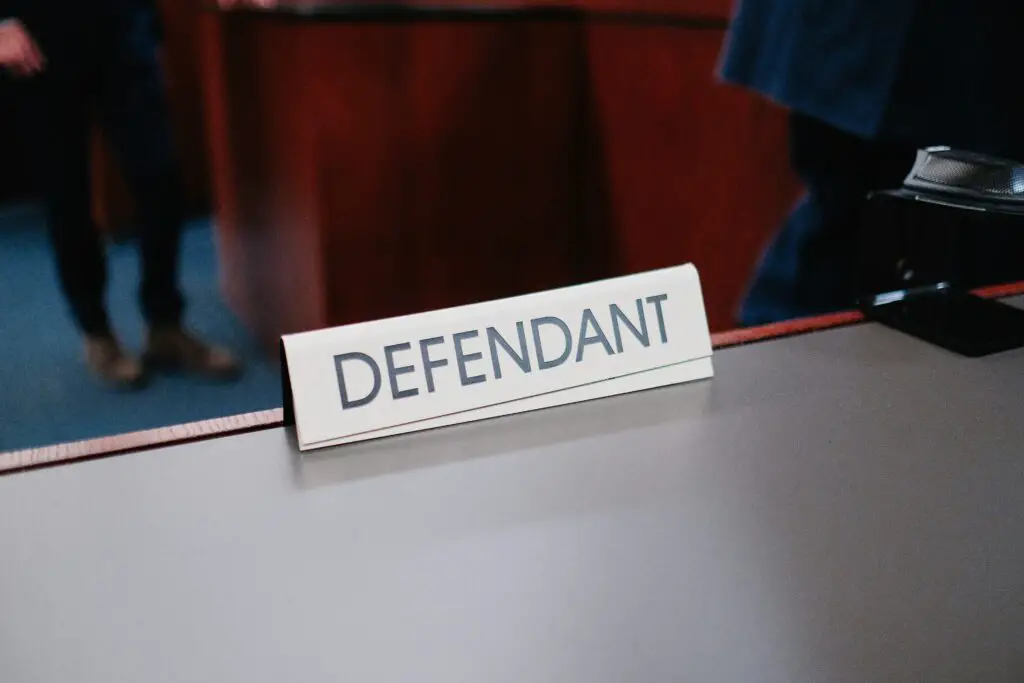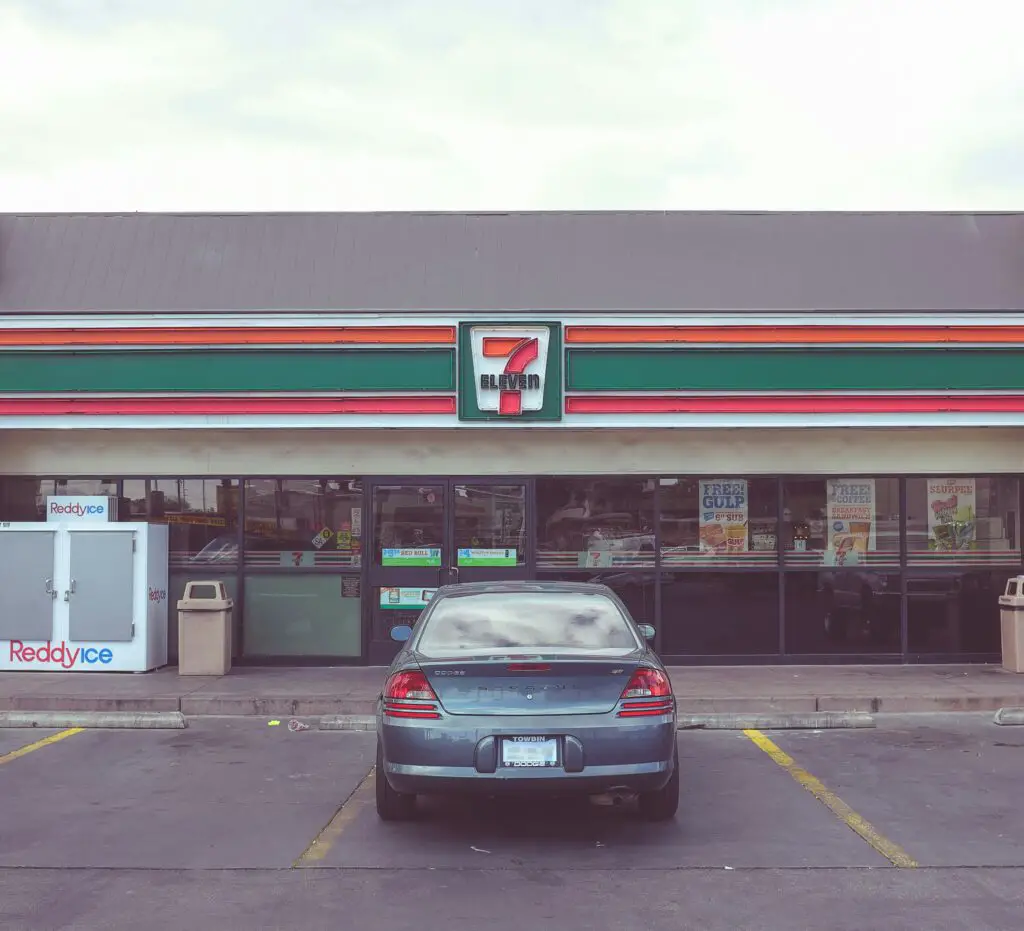In this viral video clip, we see firsthand how property damage can occur accidentally. The clip is from the security camera of a gas station or general store. A man walks out, presumably after buying himself a drink or a sweet treat. As he pushes on the door, it appears not to want to budge. The man, moving too quickly to notice, continues through until the door shatters in his hands.
Property damage is a prevalent idea in this situation. But to what extent does it determine who will cover the door’s cost? Is accidental property damage any different from purposeful property damage?
An Attorney’s Opinion
In response to the video clip, famous TikTok attorney Ugo Lord explains how property damage disputes unfold in court. For damage to objects such as the door, courts will typically look at the intended use and whether the customer was using it properly.
Since doors can frequently open both ways and the doors in question lack signage, it is reasonable for the customer to use them the way he did. The customer wasn’t deliberately trying to break them; he was simply using them for their intended purpose. Due to this, the store owner is likely liable for the damages that occurred.
Types of Property

Simply put, property damage is the injury to property that belongs to a person or entity. It is defined by the type of property involved: real or personal.
Real property refers to land or fixtures permanently attached to the land. For instance, a home is the land on which a house is built.
Personal property is a blanket term that refers to all other property types. Examples include phones, cars, clothes, and jewelry. In law and realty, people refer to personal property as chattel.
What is Property Damage?
Property damage occurs when another party damages someone’s property in some fashion. This damage can be in physical form or monetary form. Cases involving property damage can range from extremely simple to excruciatingly complicated. For instance, every time a police officer causes damage during a chase, investigations must occur to determine who is responsible for what damages. Legally, there are many ways you can argue property damage took place. Let’s take a look at some of the most common.
Negligence
Most commonly, you can prove property damage occurred through negligence. You can use a negligence claim in a tort case when someone’s negligent actions or behaviors lead to the destruction of property.
For negligence cases to stick, you must prove that the damaged party owed you a duty of care, breached said duty of care and caused damages of some sort, among other things.
Trespass to Realty or Tresspass to Chattels
Trespass is another argument people use in property damage cases. It occurs when someone interferes with your land or property. When someone interferes with land, people refer to it as trespass to realty or land. When someone interferes with personal property, they call it trespass to chattels.
To prove someone trespassed to land or chattels, you must be able to prove that:
- You rightfully owned the original land or property.
- The defendant intentionally interfered with your property or land.
- The interference deprived you of the land or property use.
- The deprivation caused you harm in some way.
Unlike negligence, trespass is a “knowing” crime, meaning you must prove that the defendant knowingly deprived you of your land or property.
Conversion
People commonly use conversion as the last type of property damage in court cases. It is similar to trespass but is usually more severe. The deprivation of property must be so severe that the defendant must pay the full value of what is lost. People typically use “burglary” or “theft” to describe conversion.
After determining the defendant guilty, the court considers several factors. Some important factors that dictate conversion punishments include:
- How long has the defendant controlled your property without permission?
- Whether the defendant knowingly intended to deprive you of your property.
- How long does the defendant plan to deprive you of property?
- What harm (monetary, emotional, physical) did the conversion cause?
Property Damage Liability

Many people carry property damage liability insurance to protect themselves from accidents and other mishaps involving property. The insurance acts as a safeguard for damages that you may accidentally cause to someone else’s property. In some cases, such as driving, it may even be required by your city, state, or country.
Basic property damage liability may cover monetary losses due to damage to physical structures, buildings, and vehicles. Additionally, some may go as far as to cover legal fees that arise from property damage disputes.
Some businesses may hold insurance policies that protect them from damages they incur or cause during their regular business operations. While business owners usually set these policies to protect themselves from lawsuits, they can also cover freak accidents like the door breaking in the viral video clip.

